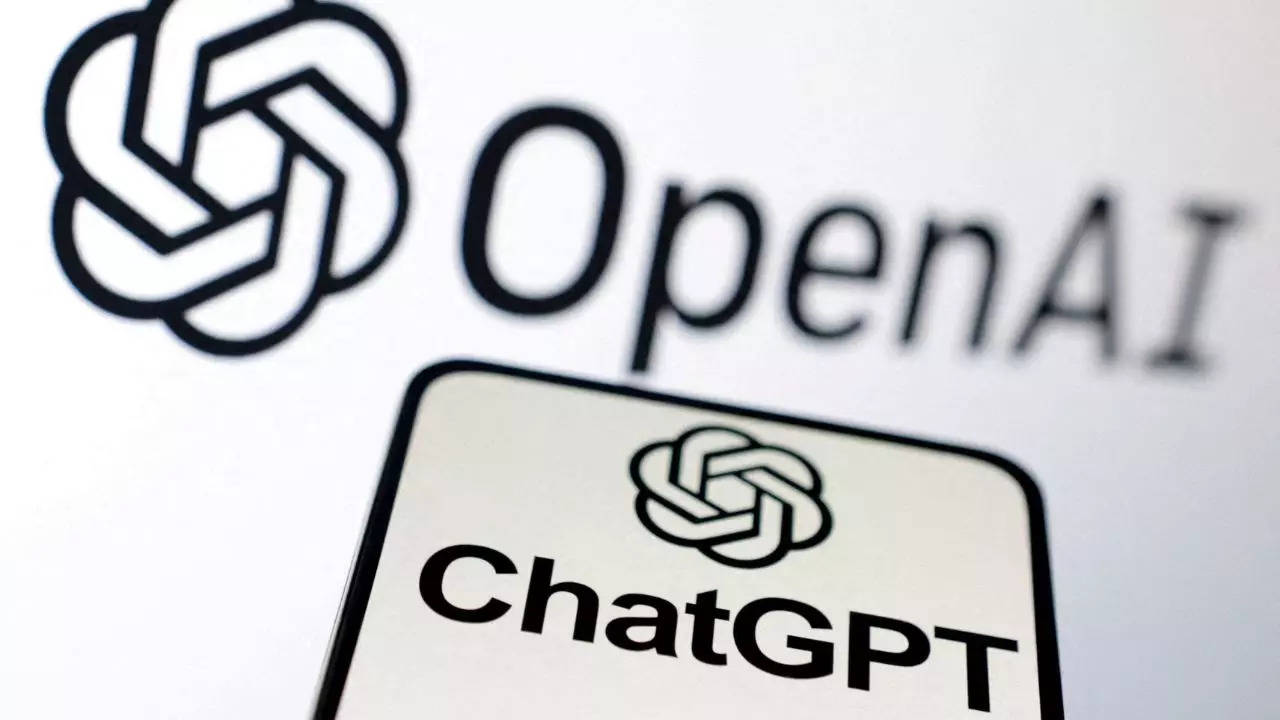Microsoft-backed OpenAI has recently unveiled Voice Engine, a voice-cloning tool that can accurately replicate a person’s voice with just a 15-second recording of them speaking. However, the company has chosen not to launch this technology at the moment due to concerns about potential misuse, particularly during election seasons in over 20 countries worldwide.
OpenAI is acutely aware of the risks associated with this technology and has taken steps to ensure responsible deployment. They have collaborated with various partners from government, media, entertainment, education, civil society, and beyond to gather feedback and develop guidelines for ethical use. Testers of Voice Engine have agreed not to impersonate anyone without their consent and to disclose when the generated voices are AI-generated. This responsible approach distinguishes OpenAI from others in the voice-cloning field and reflects their commitment to ethical use of AI technology.
In addition to its current offerings, OpenAI plans to expand into speech recognition and potentially develop a digital voice assistant in the future. This ambitious strategy highlights the company’s long-term goals in the market. Despite the current restrictions on public access to Voice Engine, OpenAI’s trademark application suggests their intentions to venture into new territories and compete with established products like Amazon’s Alexa. With their focus on responsible deployment and collaboration with various stakeholders, OpenAI is paving the way for ethical and innovative use of AI in the voice technology space.


